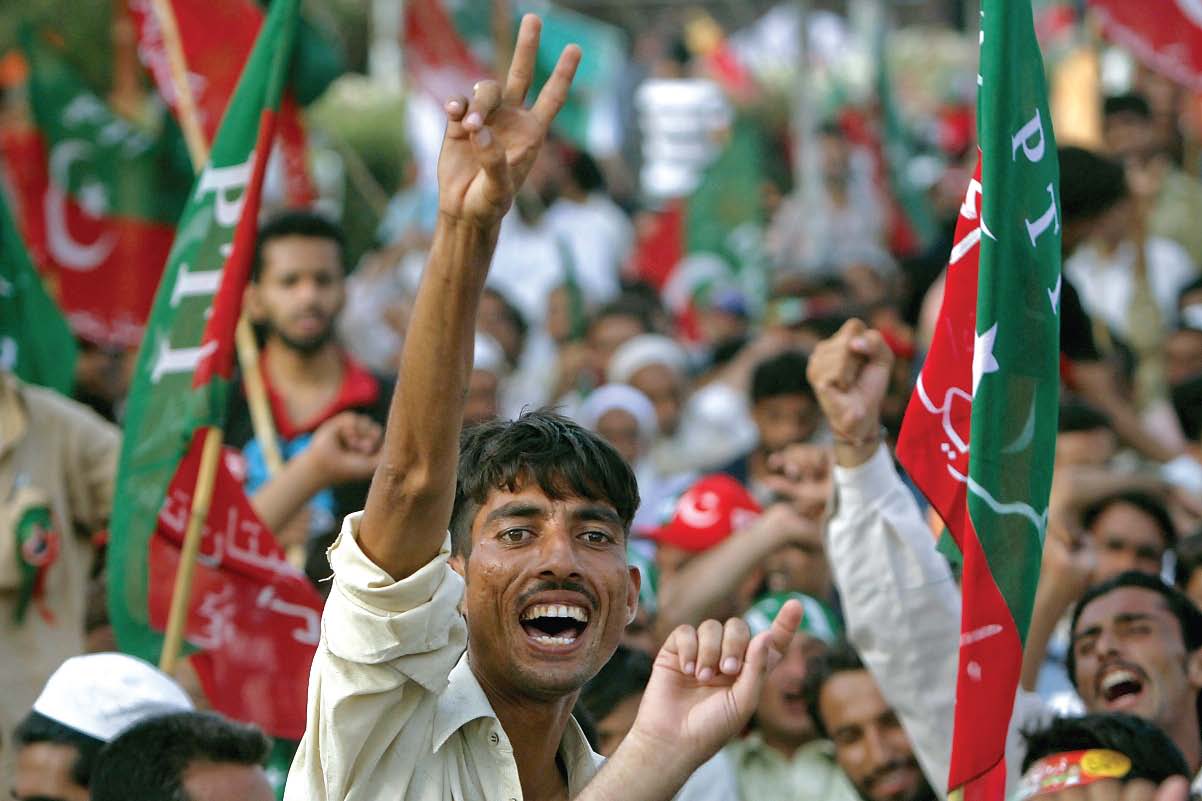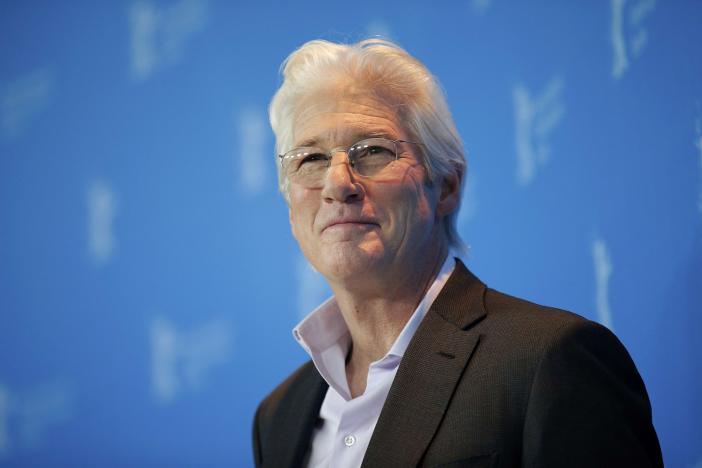

Evaluation has been done based on the following Pildat indicators of internal democracy of political parties: 1) democratic character of the party constitution; 2) regular and competitive party elections; 3) Effectiveness of intra-party structures; 4) role of local party chapters in selecting party candidates for legislatures and local governments; 5) regular meetings of parliamentary parties; 6) tradition of annual general meetings or conventions; 7) discouragement of dynastic leadership; 8) regular change in party leadership; 9) a broad funding base and credible party accounts; 10) tolerance of dissent within party; 11) a democratic decision-making process; and 12) active participation of women, youth and minorities in party affairs.
Evaluated on this basis, the Pildat score card places the Jamaat-e-Islami at first position with a 56 per cent score, the National Party with a 47 per cent score at second, the PTI with 44 per cent score at third, the ANP with a 40 per cent score at fourth, the PPP with 36 per cent score at fifth, the JUI-F and the MQM, both at sixth with a 33 per cent score, and the PML-N with 31 per cent at seventh position.
There always exists room for improving such studies and adding to or subtracting from the list of indicators for evaluating the political parties to judge their democratic credentials. But this does not in any way lessen the value of the current study. While hoping that our political parties would take this study seriously and try to introduce the needed internal reforms to improve their respective democratic qualifications, we take this opportunity to warn three of the most popular parties — the PML-N, the PPP and the MQM— to see what has happened to such parties in the region, especially in India and Sri Lanka. The worst culprit seems to be the PML-N. It has become a closely guarded party of the Sharif family — one of the richest in the country. In fact, the family seems to have bought the PML-N and through it, Punjab, the province larger than the rest of the three provinces put together which enables it to rule the country. This is too dangerous an equation for the democratic process.
The PPP, on the other hand, appears to have already collapsed under its dynastic burden. Unless the party returns to its socialistic moorings with fresh, youthful leadership, it is likely to become history by the next general elections. The MQM will have to think about a post-Altaf Hussain scenario. One is not talking about a minus-Altaf formula, but about turning the MQM into a democratic party from one based on a personality cult. However, going by the current mood in these three parties, one does not expect them to heed this advice. The only party that seems to be in a position to improve its democratic credentials in the immediate future is the PTI but that too would depend on the measure of its success in holding a reasonably flawless internal party election, due to be held soon.
Published in The Express Tribune, February 29th, 2016.
Like Opinion & Editorial on Facebook, follow @ETOpEd on Twitter to receive all updates on all our daily pieces.

1732271743-0/diddy-(45)1732271743-0-165x106.webp)










COMMENTS (1)
Comments are moderated and generally will be posted if they are on-topic and not abusive.
For more information, please see our Comments FAQ